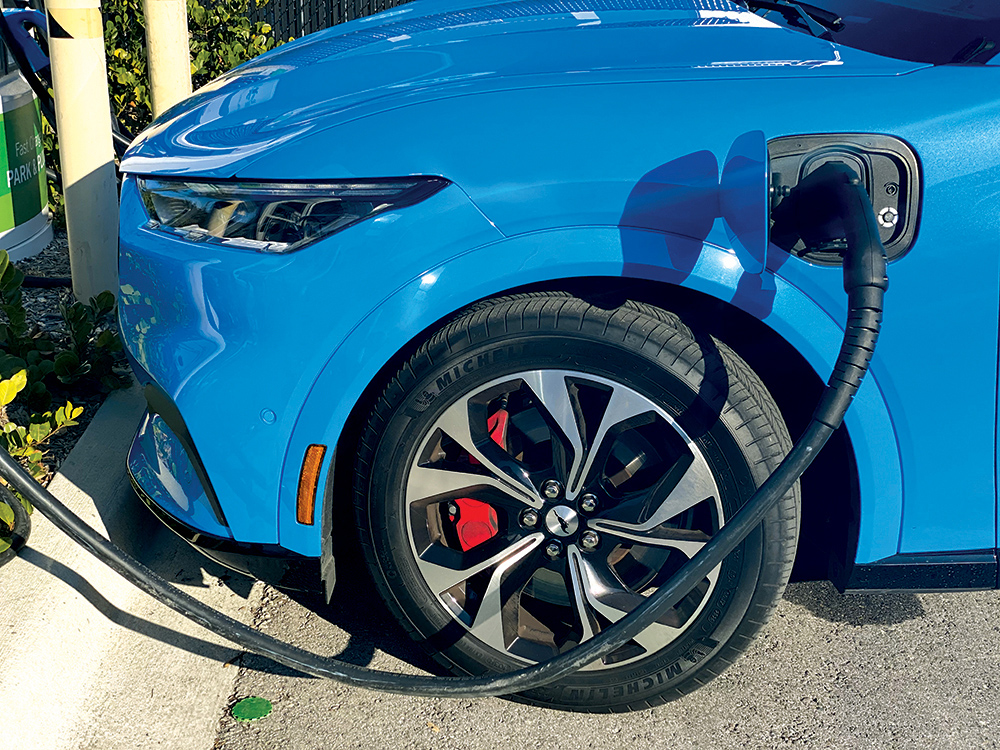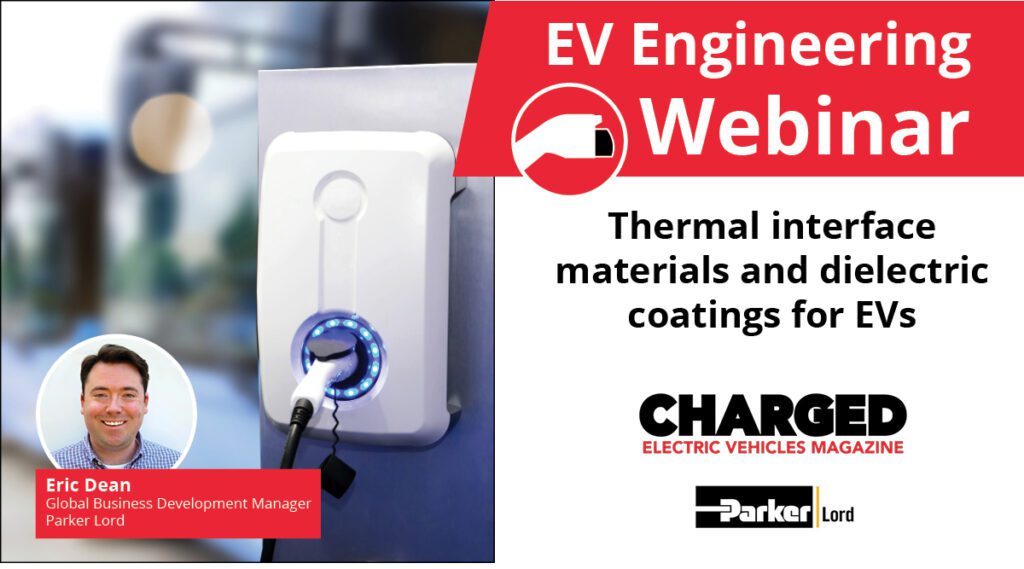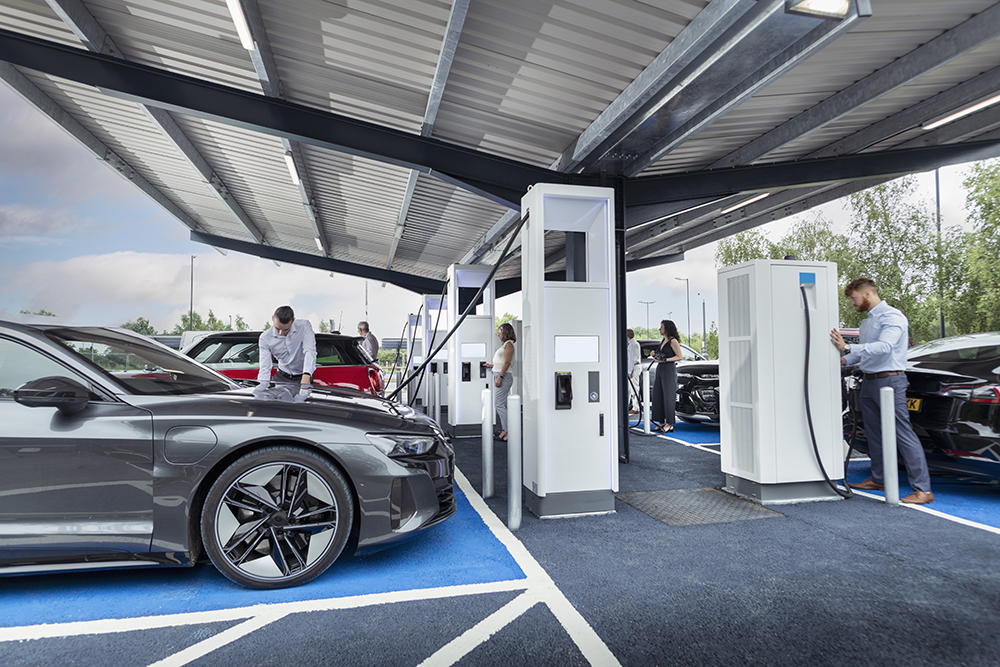EV charging standards facilitator CharIN has introduced the Open Plug & Charge Network Communication (OPNC) Protocol, which is designed to elevate the Plug & Charge functionality of EV charging infrastructure. This API protocol enables supplier-agnostic Plug & Charge with Multi-V2G-PKI (Public Key Infrastructure) and Multi-MO-PKI (mobility operator) interoperability based on the ISO 15118 standard.
Plug & Charge is a system that enables public EV chargers to start charging automatically when an EV is plugged in, with no need for apps, RFID cards or other time-wasting obstacles (Tesla Superchargers have always worked this way). Once it becomes widespread, the public charging experience will be far more functional—but to date, Plug & Charge providers have not used a common protocol (nor have journalists used one standard spelling to describe it).
The CharIN OPNC Task Force has meticulously crafted the OPNC protocol. It is basically an evolutionary extension for global use of the existing OPCP protocol, and is also compatible with the PNCP protocol. Characterized by an open and international framework, this aligned protocol is designed to ensure a frictionless and standardized charging experience for EV drivers by facilitating interoperability between the individual stakeholders and the PKI systems.
The OPNC protocol, which is now available online, can be considered as the next-generation API protocol globally, and features backward compatibility with existing protocols. CharIN OPNC Task Force members will now integrate the OPNC protocol into their existing EV charging infrastructures. Future developments of the OPNC protocol will include measures to increase its scalability and efficiency to enhance the interoperability of Multi-V2G-PKI ecosystems.
Source: CharIN









































































































